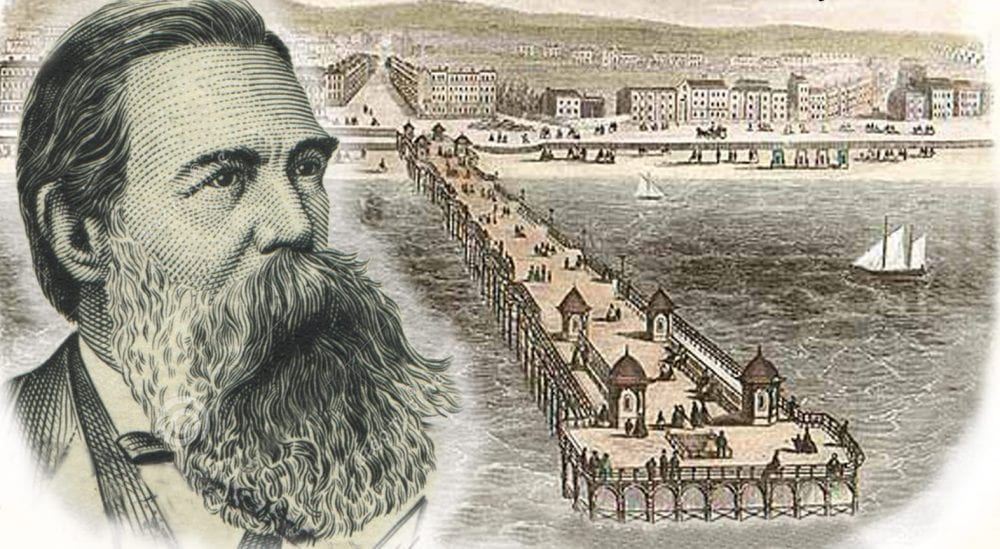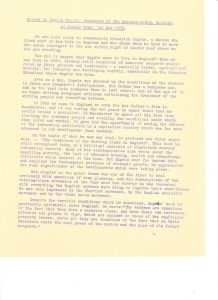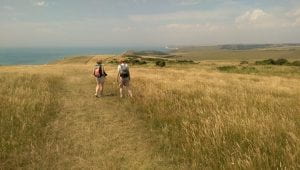This is a webblog set up to help commemorate the life, work and legacy of Friedrich Engels, particularly as it relates to Eastbourne. It was set up to mark the bicentenary of the birth of Engels on 28 November 2020.
Engels (1820-1895) was a German radical philosopher who in works such as The Condition of the Working Class in England (1845), The Peasant War in Germany (1850), The Housing Question (1872), ‘The Part Played by Labour in the Transition from Ape to Man’ (1876), Anti-Dühring (1877), Socialism: Utopian and Scientific (1880), Dialectics of Nature (1883) and The Origin of the Family, Private Property and the State (1884) made pathbreaking and profound contributions to modern social and political theory. As the co-thinker of Karl Marx and co-author of The Communist Manifesto and ‘The German Ideology’, he played a critical role in the forging and development of classical Marxism specifically. But like Marx, Engels was ‘above all a revolutionary’, who also played a role in revolutionary upheavals such as the German Revolution of 1848 and in the international socialist movement.
When Engels died in London on 5 August 1895, at the age of 74, his last wish was that following his cremation his ashes be scattered off Beachy Head, near Eastbourne. Marx and Engels had visited many Victorian seaside resorts, such as Margate, Ramsgate and the Isle of Wight, but Eastbourne was Engels’s favourite place in later years, and where he holidayed for extended periods during many summers.
We currently have sections on the following topics, as well as a blog:
The Life of Engels in Eastbourne
Selected writings of Engels written in Eastbourne
Commemorating Engels in Eastbourne, in the past and the present – especially in relation to the campaign for a plaque
A Guide to Further Reading about Engels
Radical Eastbourne – the wider history of radicalism and socialism in Eastbourne
Engels in Eastbourne – International Conference held at the View Hotel in June 2023
A section with more information about this website and its aims
The local campaign for a plaque to honour ‘Engels in Eastbourne is also on facebook: https://www.facebook.com/EBEngels/
In 2021 an Eastbourne radical history walk ‘Engels and the Ragged Trousered Philanthropists’, was established with the support of the Eastbourne Pilgrimage Project.
The website is supported by the University of Brighton, which has a campus in Eastbourne, and aims to help promote the forthcoming conference ‘Engels in Eastbourne’ currently scheduled for June 2022 and other relevant educational commemorative events relating to ‘Eastbourne and Engels’.
Please email Dr Christian Hogsbjerg on c.hogsbjerg@brighton.ac.uk for more information or suggestions of how to improve this site with its various sections – many thanks.











